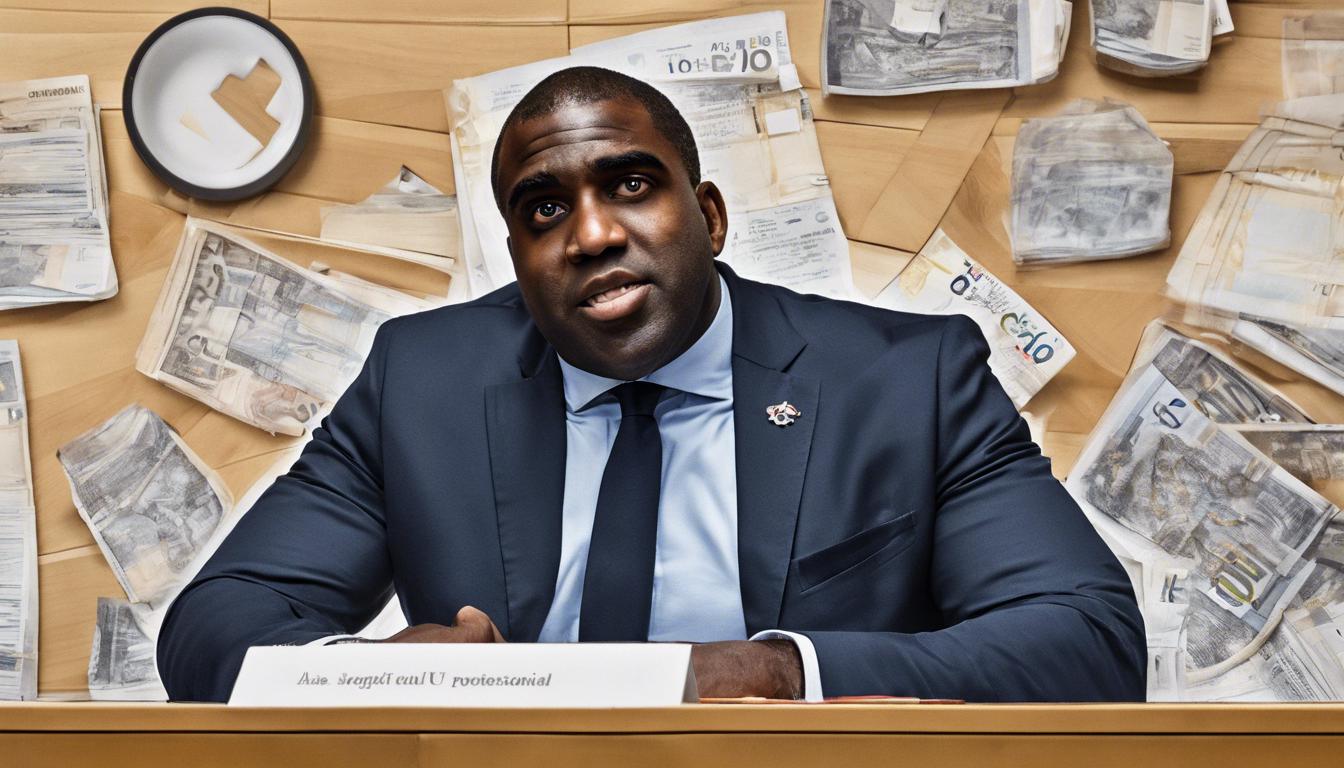David Lammy, Labour’s shadow foreign secretary, has unveiled plans to enhance UK-EU relations, advocating for regular access to the EU’s Foreign Affairs Council and a renewed focus on global influence through partnerships and increased funding for institutions like the BBC World Service.
Labour’s shadow foreign secretary, David Lammy, has outlined plans to strengthen UK-EU relations by seeking regular access to the EU’s Foreign Affairs Council. This proposal is part of Labour’s broader strategy to enhance cooperation with EU member states if they win the upcoming general election. Lammy has emphasised the importance of deepening dialogue with Brussels and potentially increasing funding for global British institutions such as the BBC World Service and the British Council to amplify the UK’s global influence.
In an essay published in Foreign Affairs magazine, Lammy critiqued the Conservative Party’s approach to foreign policy, suggesting it weakened the UK’s soft power. He proposed a closer foreign and security partnership with the EU post-Brexit, advocating for a new security pact that complements NATO and addresses various security concerns. Despite skepticism from EU diplomats regarding the feasibility of regular UK access to the council, Lammy is pushing forward with his proposals.
Lammy’s approach, described as “progressive realism,” aims to combine ethical considerations with practical foreign policy strategies, taking inspiration from previous Labour foreign secretaries such as Ernest Bevin and Robin Cook. He highlighted the importance of engaging with key European nations including France, Germany, and Poland, and stressed that while Labour does not intend to rejoin the EU’s customs union or single market, there are constructive steps that can be taken to rebuild trust and cooperation with the EU.
Under the leadership of figures like Keir Starmer and Rachel Reeves, alongside Lammy, Labour is positioning its foreign policy towards a realistic assessment of the UK’s role globally. The party is focusing on addressing international issues such as climate change, upholding democracy, fostering economic growth, and tackling global inequality. Other significant elements of Labour’s proposed foreign policy include advocating for the recognition of Palestine as a state and increasing the UK’s defense spending.
Overall, Labour is proposing a strategic re-engagement with the EU, aiming to forge a more integrated and cooperative foreign and security relationship, while adapting to the changing landscape of global politics.













